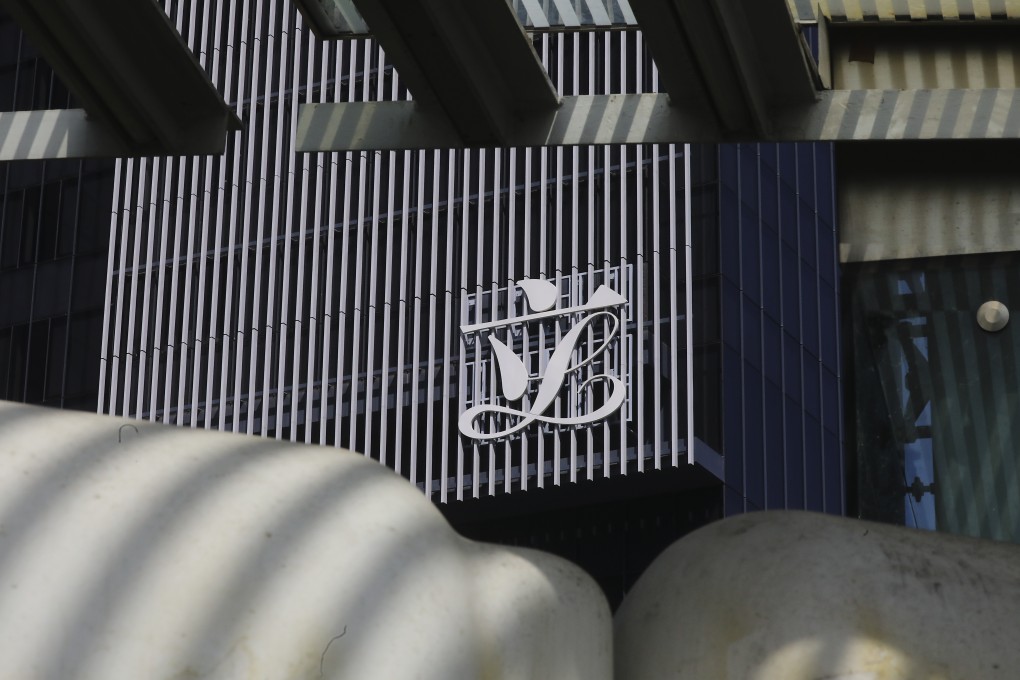New rules for old-timers: how many of Hong Kong’s pro-establishment lawmakers will need to make way for fresh patriotic faces?
- Some pro-establishment legislators warn it is important to make sure the legislature, which will expand from 70 to 90 seats, is filled with experienced members
- Constitutional affairs chief tables bill on sweeping electoral changes, with Legislative Council’s approval expected by the end of next month

Hong Kong’s pro-establishment legislators will need to prove their worth in the remainder of their term if they are keen to seek re-election, as Beijing is determined to get more new, patriotic faces into the Legislative Council in the December 19 polls, according to analysts.
“There needs to be at least 30 re-elected lawmakers in the 90-strong legislature, and the others can be newbies,” veteran legislator Paul Tse Wai-chun said on Wednesday.
The lawmakers were speaking a day after an umbrella bill consolidating more than 700 pages of amendments to existing ordinances and subsidiary legislation was gazetted to flesh out details of the broad outlines of changes set by the country’s top legislative body last month, in keeping with the official bottom line that only “patriots” would be allowed to administer Hong Kong following the anti-government protest chaos of 2019.
The bill was tabled by Secretary for Constitutional and Mainland Affairs Erick Tsang Kwok-wai in a special Legco meeting on Wednesday, and was expected to be approved by the end of next month.